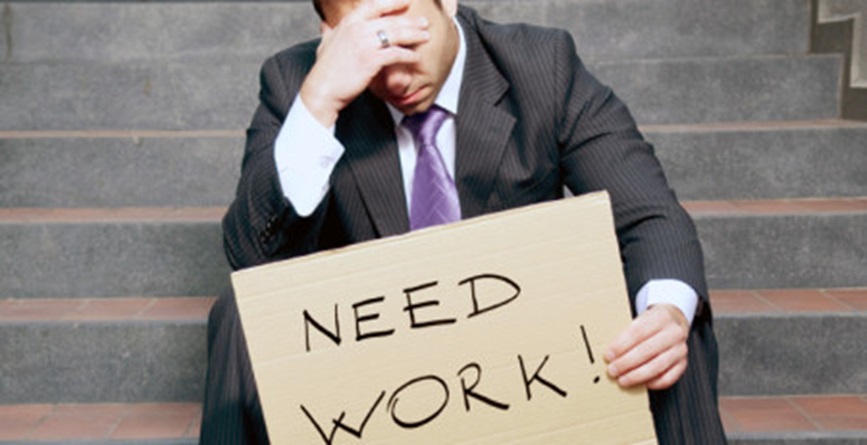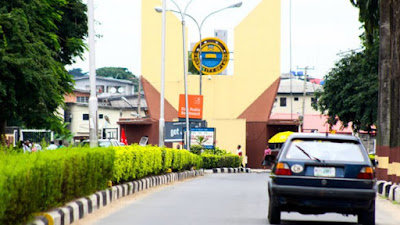Electricity consumers are expected to pay more for power supply in Africa's largest economy as the Nigerian Electricity Regulatory Commission (NERC) has approved a new tariff payable by power consumers across the country.
From next year, electricity consumers in the country will have to pay an additional sum of between N8 and N14 for every kilowatt-hour of energy provided by their respective distribution companies, according to document from the regulator of the power sector.
The document also revealed the actual cost-reflective tariff for each of the 11 power distribution companies operating in Nigeria.
The regulator disclosed the cost-reflective tariff of each of the Discos in separate documents for each particular distributor in a regulatory instrument cited as ‘The 2016-2018 Minor Review of Multi-Year Tariff Order 2015 and Minimum Remittance Order for the Year 2019’.
The tariff increase for each Disco differs, going by figures in the documents from the commission.
For instance, Abuja Distribution company's minor review assumptions 2015 – 2021, the commission stated that the Disco’s end-user cost-reflective tariff from 2017, 2018, 2019, 2020 and 2021 per KWh were N42.81, N46.44, N52.86, N46.02 and N44.29 respectively.
NERC, however, stated that the end-user allowed tariff from 2017 to 2019 per kWh was N32.66 in each of the years, while those of 2020 and 2021 were put at N42.46 and N44.21.
The difference between what AEDC’s customers pay currently and what they will pay from next year, going by NERC’s figures, is an increase of N9.8/kWh.
For Benin Disco, it said the end-user cost-reflective tariff from 2017, 2018, 2019, 2020 and 2021 per kWh were N51.37, N54.36, N59.07, N47.61 and N43.79, respectively.
It also stated that the end-user allowed tariff from 2017 to 2019 per kWh was N32.50 in each of the years, while those of 2020 and 2021 were put at N42.25 and N43.79.
Here, the difference between what BEDC’s customers pay currently and what they will pay from next year is an increase of N9.75/kWh.
For Eko Disco, the commission said the end-user cost-reflective tariff from 2017, 2018, 2019, 2020 and 2021 per kWh were N39.7, N41.8, N46.1, N39.8 and N39.2, respectively.
For the end-user allowed tariff from 2017 to 2019 per kWh, it said this was N28.3 in each of the year, while those of 2020 and 2021 were put at N36.8 and N39.2.
The difference between what Eko Disco customers pay currently and what they will pay from next year is an increase of N8.5/kWh.
For Enugu Disco, customers under the power firm’s franchise areas will get a tariff increase of N10.6/kWh from next year.
This is because based on figures from the commission, the allowed end-user tariffs for Enugu Disco for 2019, 2020 and 2021 per kWh are N35.3, N45.9 and N41.6, respectively.
For residents who are served by Ibadan Disco, the end-user allowed tariffs for 2019, 2020 and 2021 per kWh are N30.6, N39.7 and N44.2, respectively.
This implies that by next year, power consumers who get supply from Ibadan Disco will witness an increase of N9.1/kWh in their tariff.
In Ikeja Disco’s franchise areas, customers will have to pay additional N8.2/kWh from next year.
This is because the end-user allowed tariffs in the order from NERC put the tariffs for 2019, 2020 and 2021 per kWh at N27.3, N35.5 and N37.1 respectively.
In Jos Disco, the tariff increase for 2020 is N10.1/kWh, as consumers under this Disco will have to pay N43.9/kWh, as against N33.8/kWh which they currently pay.
In Kaduna, power users will witness an increase of N9/kWh. The end-user allowed tariffs for 2019, 2020 and 2019 per kWh for Kaduna Disco, as captured by NERC, are N30.3, N39.3 and N41.7, respectively.
Also, in Kano Disco, NERC increased the end-user allowed tariffs from N30.1/kWh in 2019 to N44.7/kWh in 2020 and N41.8/kWh in 2021.
This implies that residents who are served by this Disco will witness an increase of N14.6/kWh in the tariff they pay for electricity.

























